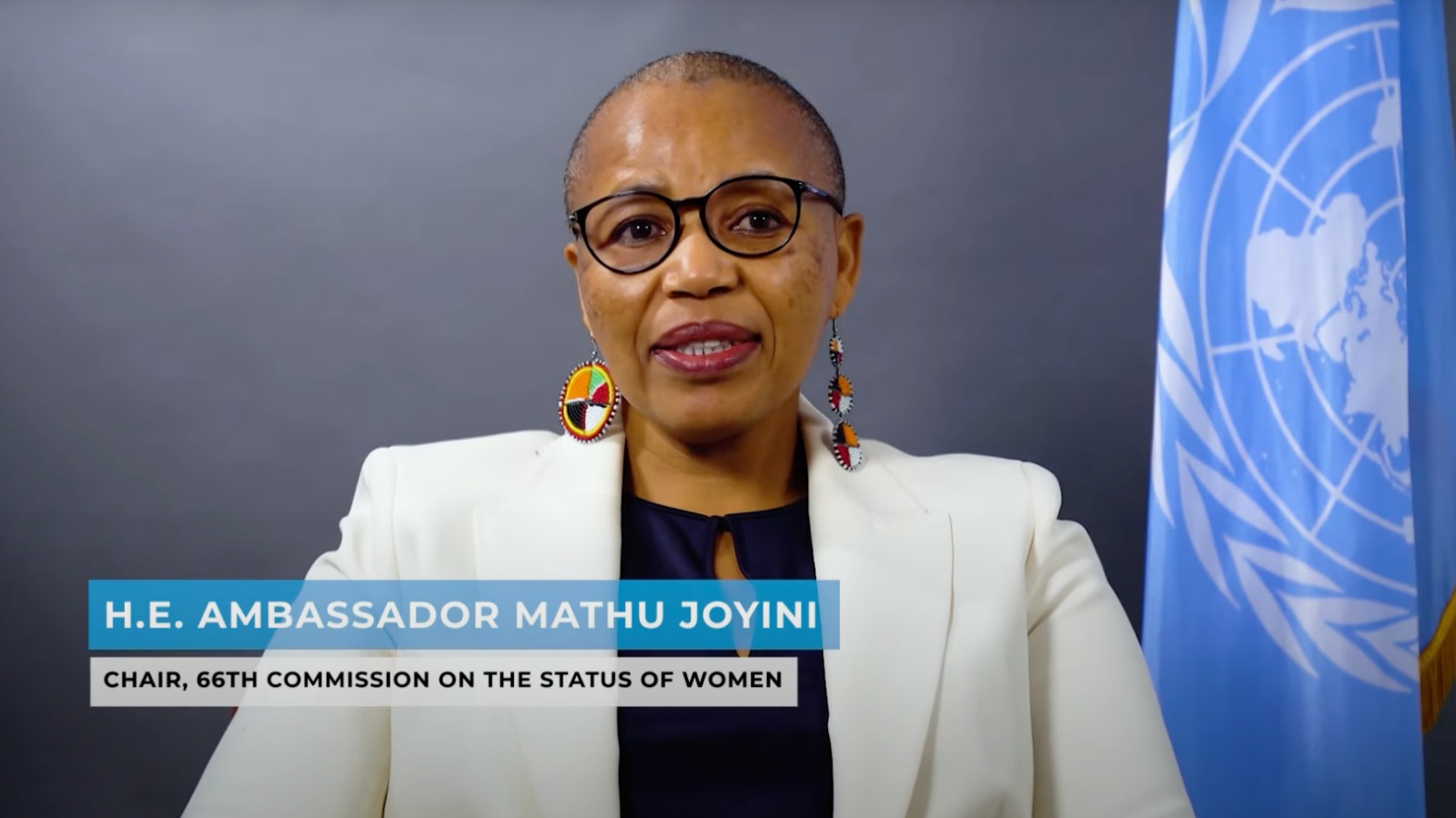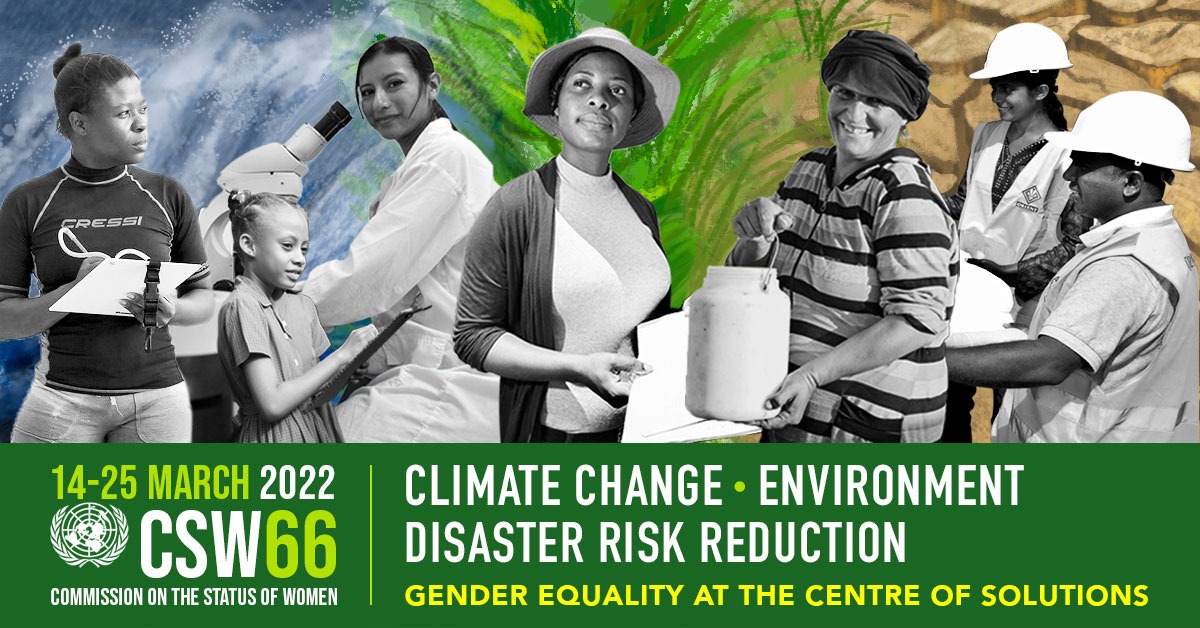From March 14–24, 2022, two staff from the Bahá’í Community of Canada’s Office of Public Affairs participated in the 66th annual U.N. Commission on the Status of Women. They were part of the delegation representing the Bahá’í International Community (BIC) at the United Nations.


The Commission, held virtually for the second consecutive year, invited representatives of Member States, UN entities and non-governmental organizations from all regions of the world to contribute to the session on this year’s priority theme: achieving gender equality and the empowerment of all women and girls in the context of climate change, environmental and disaster risk reduction policies and programmes. Laura Friedmann and Andrea Salguero joined 44 other Bahá’í delegates from 19 countries around the world as members of the BIC delegation.
“It was inspiring to participate in a global conversation about how to achieve a fuller realization of the principle of gender equality in all domains of social, economic, and political life,” said Ms. Salguero, Deputy Director of Government Relations with the Office of Public Affairs.
“The theme of climate change helped to focus these conversations in ways that allowed us to see the practical implications of gender equality for promoting the well-being of human kind, and our shared planet,” added Ms. Friedmann, Media Officer.
Canada’s official statement to the Commission delivered by Minister Ien, Minister for Women and Gender Equality, reflected a perspective shared by many throughout the two-week Commission: “Women and Girls are disproportionately impacted by these issues [gender equality and climate change], yet at the same time they are powerful agents of change that have built momentum, even during pandemic and times of war”.
The Bahá’í International Community’s official statement to the Commission explored some of the ways women and girls are uniquely situated to lead efforts in response to the impending risks of climate change:
"Often connected to large networks, women are an integral element of communal flourishing, community-based solutions, and mobilization. Whether as leaders in economic thinking, policymakers, climate activists, smallholder farmers, or through a multitude of other capacities, women worldwide are making significant contributions related to climate action, natural resource management, food security, and scientific innovation toward sustainable solutions. Young and old alike, the experiences of women offer profound insight into safeguarding humankind’s home, the present generation, and those still to come."
Acknowledging the many cultural and institutional barriers that continue to impede women’s efforts to contribute to their communities around the world, contributions at both high level and NGO side-events emphasized the importance of promoting women’s full participation in all spheres of society. Women’s participation in leadership positions and decision-making roles in their families, businesses, communities, and systems of governance tend to promote the adoption of more sustainable practices in all areas of engagement.

